info@vivavel.com
+919818262686
+919818262686
 info@vivavel.com
info@vivavel.com +919818262686
+919818262686Pediatric neurosurgery is a medical specialty focused on treating brain, spine, and nervous system disorders in children. Surgeons in this field perform surgeries to help kids with conditions like brain tumors, epilepsy, and birth defects that affect the nervous system. Since children's bodies and brains are still growing, they require special care during procedures. Pediatric neurosurgeons use techniques different from those used for adults to ensure the surgery is both safe and effective. They also aim for faster recovery and minimizing long-term effects on the child's development.
Some common conditions treated by pediatric neurosurgeons include hydrocephalus (a buildup of fluid in the brain), spina bifida (a birth defect affecting the spine), and injuries. These surgeries often involve teamwork among doctors, nurses, and therapists working together to achieve the best outcome for the child. With advances in technology, pediatric neurosurgery has become safer, providing children with a better chance of a healthy, normal life after surgery.
If your child requires pediatric neurosurgery, it is crucial to choose a hospital with a team of specialists who are experienced in treating children.
 Symptoms can vary depending on the condition, but some common ones include:
Symptoms can vary depending on the condition, but some common ones include:
Headaches: Severe or chronic, especially if sudden and intense.
Seizures: Uncontrolled body movements, staring spells, or loss of consciousness.
Developmental delays: Slow progress in motor skills (such as walking and talking) or intellectual abilities.
Difficulty walking or maintaining balance: Problems with coordination or walking.
Unexplained vomiting or nausea: Particularly when accompanied by headaches.
Weakness or numbness: In the arms or legs.
Vision or hearing problems: Sudden or gradual loss of sight or hearing.
Unusual head shape or size: In infants, the skull may grow abnormally due to fluid buildup or other conditions.
Chronic back pain: Persistent pain in the back, often related to spinal issues.

 Many factors can lead to neurological problems that may require surgery, including:
Many factors can lead to neurological problems that may require surgery, including:
Congenital defects: Birth defects like spina bifida or hydrocephalus (fluid buildup in the brain).
Brain tumors: Abnormal growths that need to be removed surgically.
Head injuries: Trauma to the head, often from accidents or falls.
Infections: Meningitis or encephalitis can cause damage to the brain.
Epilepsy: Severe, uncontrolled seizures that may require surgery to correct.
Vascular malformations: Abnormalities in blood vessels in the brain that could lead to strokes or seizures.
Spinal cord issues: Problems such as tethered cord syndrome or scoliosis that affect the spine.
 Seizures lasting more than 5 minutes or that don’t stop with medication.
Seizures lasting more than 5 minutes or that don’t stop with medication.
Severe, worsening headaches that don’t go away and are accompanied by nausea, vomiting, or vision changes.
Sudden loss of motor skills: if your child suddenly has trouble walking, talking, or using their arms and legs.
Rapid changes in head shape: if an infant’s skull grows too quickly or appears abnormal.
Head injuries: after a serious fall or accident, especially if there is loss of consciousness.
Chronic back pain or stiffness, especially if it interferes with movement.
If your child shows any of these symptoms, seek immediate medical attention, as early intervention can prevent further damage.
 Doctors use various tests to diagnose neurological conditions in children:
Doctors use various tests to diagnose neurological conditions in children:
MRI (Magnetic Resonance Imaging): This imaging technique provides detailed images of the brain and spinal cord.
CT Scan (Computed Tomography): Used to detect tumors, bleeding, or other abnormalities.
EEG (Electroencephalogram): Measures brain activity to identify seizures or epilepsy.
Ultrasound: Commonly used for infants to check for brain abnormalities.
X-rays: Used to examine the spine or skull for any problems.
Genetic testing: May be performed if a hereditary condition is suspected.
Blood tests: Help identify infections or metabolic issues.
 Do's:
Do's:
Follow medical advice closely: Attend all follow-up appointments and report any unusual symptoms promptly.
Help your child stay active: Gentle activity, like walking, can promote healing.
Provide a healthy diet: Good nutrition plays a crucial role in recovery.
Ensure proper rest: Make sure your child gets plenty of sleep and rest.
Provide emotional support: Recovery can be a stressful process, so be supportive and patient.
 Don'ts:
Don'ts:
Avoid strenuous activities, especially after surgery, until the doctor gives the green light.
Don’t skip medications: Follow the doctor’s instructions for pain relief or other medications.
Don’t expose your child to infections: Keep them away from people who are sick, as their immune system may be weaker after surgery.
Avoid rough play, especially activities that could cause head or spine injuries.
Disclaimer:
Our medical content authors have diligently gathered and synthesized information on this topic to offer valuable insights to our readers. Drawing from a range of reputable medical journals and health resources, this content aims to enhance understanding of the subject. It's essential to remember that while this information is informative, it should not replace personalized consultation or treatment from a qualified healthcare professional. For further details, please refer to our Editorial Policy.
For this topic, our authors used some of the following resources:
Weill Cornell Medicine | A Guide to Pediatric Neurosurgery





![]() Pusa Road, Radha Soami Satsang, Rajendra Place New Delhi, 110005 India
Pusa Road, Radha Soami Satsang, Rajendra Place New Delhi, 110005 India
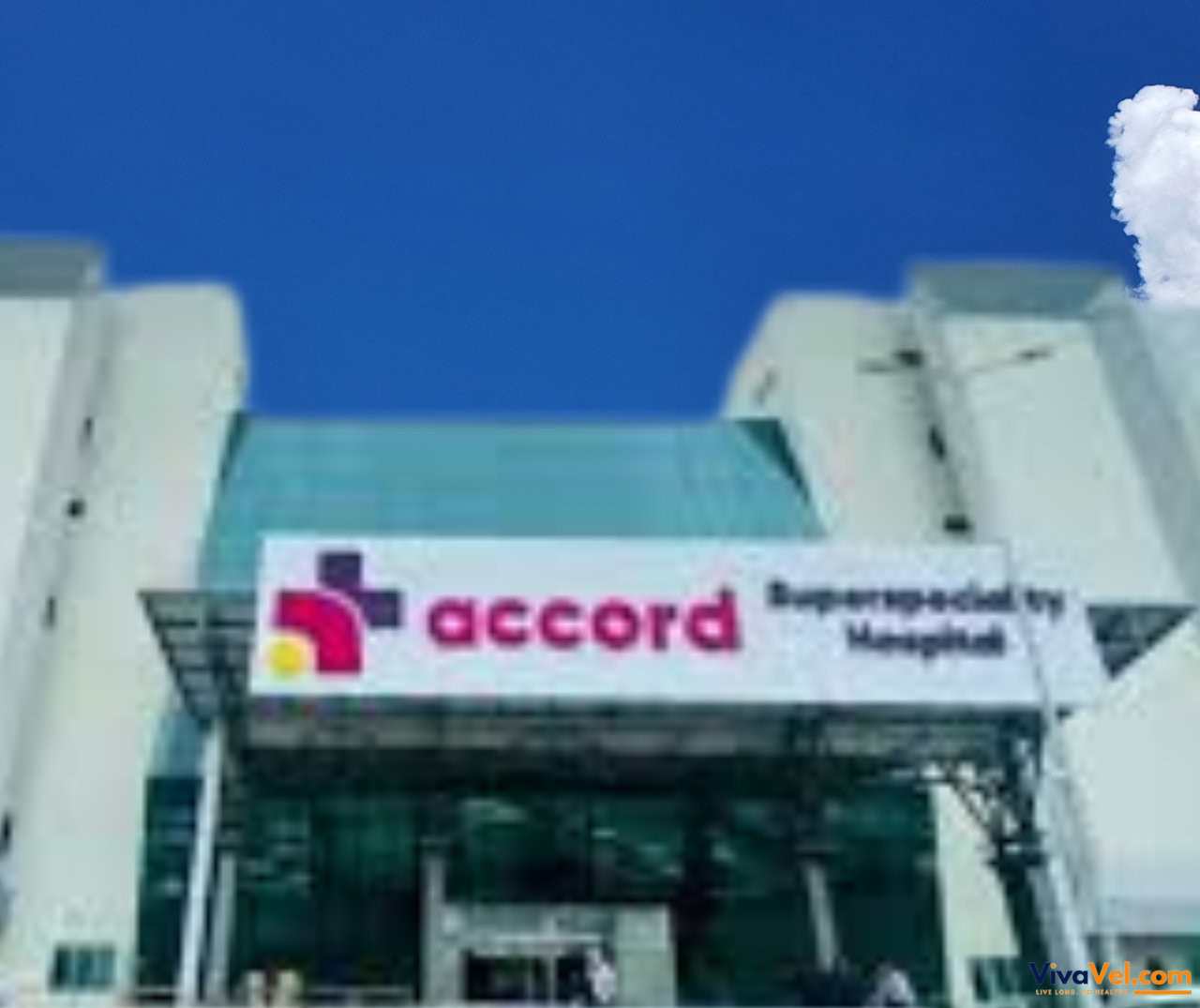


![]() Budena Village, Sector 86, Faridabad, Haryana 121002, India
Budena Village, Sector 86, Faridabad, Haryana 121002, India
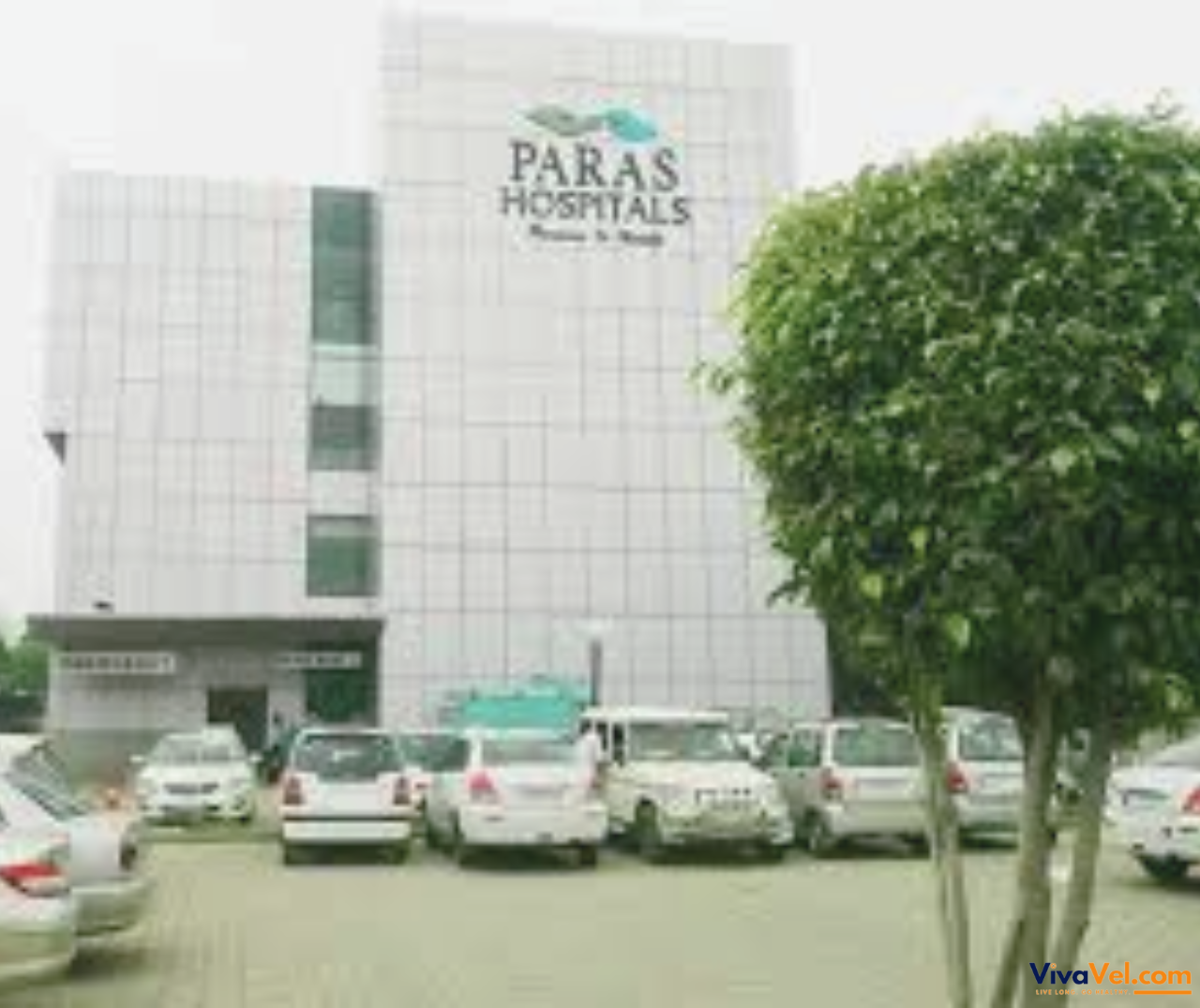


![]() C-1, Sushant Lok- 1, Sector-43, Phase- I, Gurugram, Haryana, 122002
C-1, Sushant Lok- 1, Sector-43, Phase- I, Gurugram, Haryana, 122002




![]() Lot 2, Jalan Baung 17/22, Seksyen 17, 40200 Shah Alam, Selangor Kuala Lumpur, 40200 (Malaysia)
Lot 2, Jalan Baung 17/22, Seksyen 17, 40200 Shah Alam, Selangor Kuala Lumpur, 40200 (Malaysia)

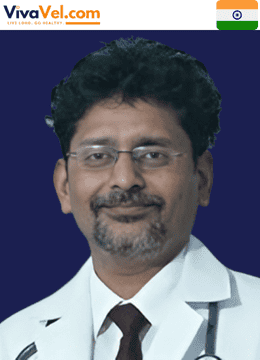
Dr. (Prof.) Rohit Gupta is a well-known neurologist in Faridabad, Haryana, India, with over 17 years of experience in clinical neurology. He achieved academic success...
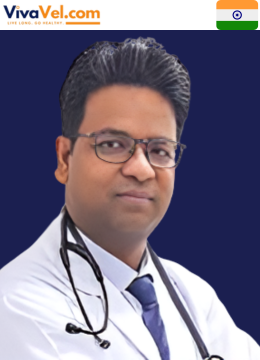
Dr. Sandeep Ghosh is a highly regarded consultant neurologist, currently practicing at the esteemed Neurosciences Department of Accord Superspeciality Hospital in Faridabad, ...

Dr. Vikram Dua is one of India's top neuro and spine surgeons. With over 26 years of experience, he has performed over 10,000 surgeries, with a success rate excee...
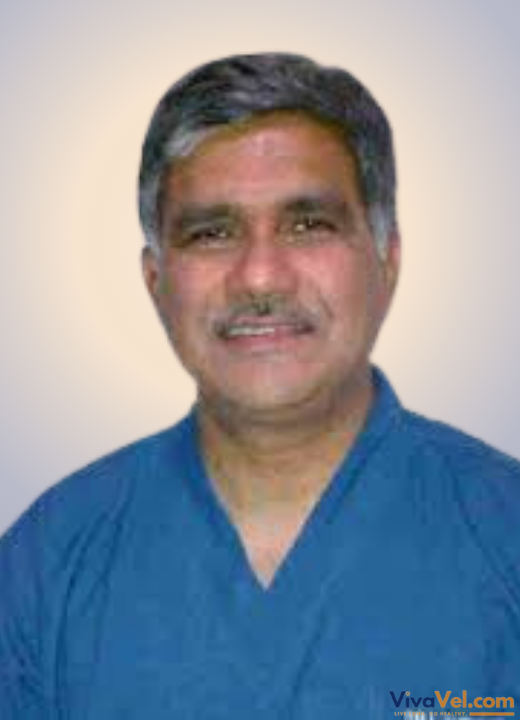
Dr. LN Tripathy is a highly esteemed neurosurgeon with an impressive 31-year career. Since April 2010, he has been the Director of the Medica Institute of Neurologica...
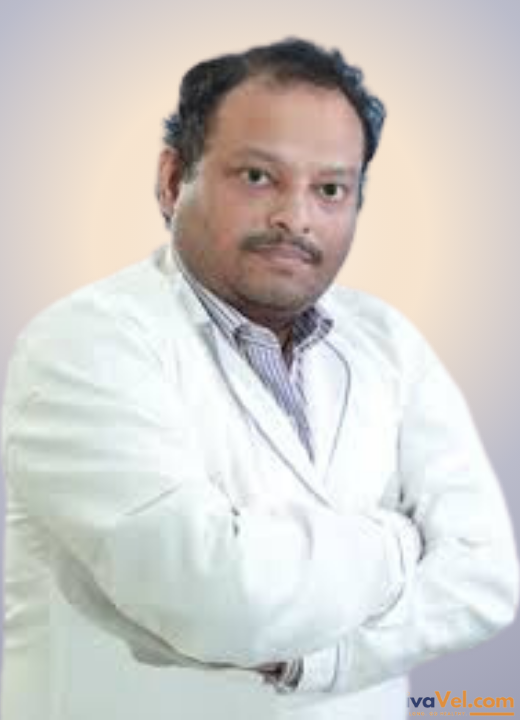
Dr. Anish Kumar is a highly experienced medical professional with over 21 years of experience, including more than 11 years dedicated to neurology. He is currently a ...
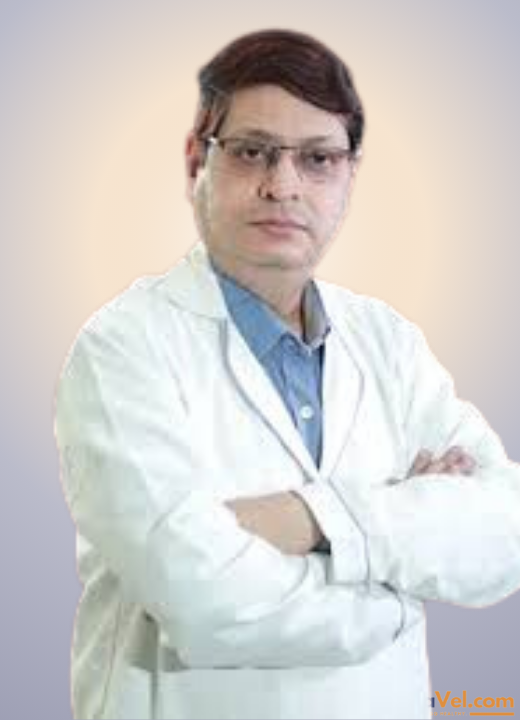
Dr. Kaushik Sen is a highly esteemed senior consultant neurologist with over 18 years of post-DM experience in neurology. He holds a gold medal in MBBS, an MD i...
Treatment Plan & Cost within 2 days
